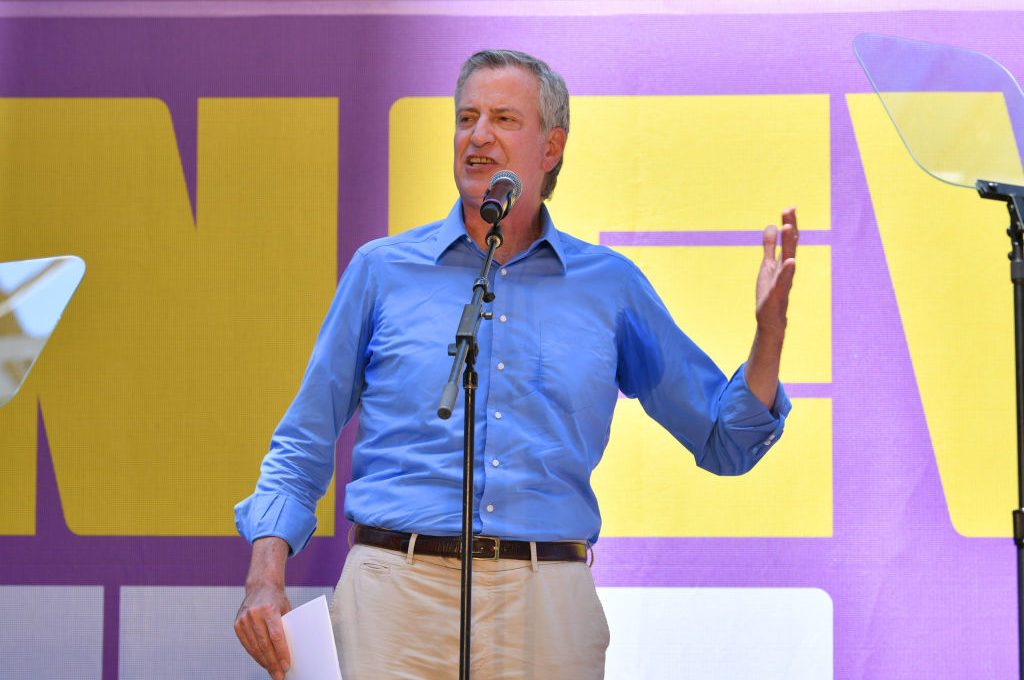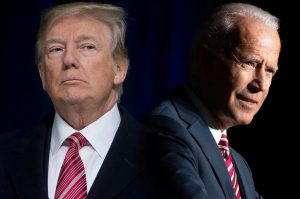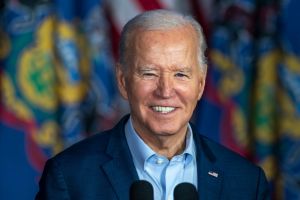At the stroke of midnight on January 1, Bill de Blasio — New York’s bumbling, mildly sinister but profoundly incompetent mayor — got laughed out of office as his second term came to an end. Don’t let the door hit ya, the city collectively sneered…despite voting for the man twice.
The new administration couldn’t even wait until morning to flip the official @NYCMayor Twitter account. One minute after midnight, it changed all its pictures over to ones of Eric Adams, before the man had even been officially sworn in. An image of the smiling new mayor loomed over de Blasio’s final message: a photo of he and his wife walking in shadow down a long hallway with their backs turned on a city they abandoned long ago.
His parting gift was to a network that has sacrificed everything, namely viewers and credibility, to support his party. De Blasio’s departure resulted in a watchable CNN clip that actually went viral — perhaps a first for the cable-news lightweight. It featured Andy Cohen, who makes television shows about gaudy, unstable women on Bravo, drunkenly ranting to camera on CNN’s New Years Eve show about de Blasio being the worst mayor in the city’s history. It only took eight years for that Monday morning quarterback to finally say what he really thought — not exactly courageous!
De Blasio’s ascent always made perfect sense. New Yorkers were exhausted and pinched to the brink after twelve years of Michael Bloomberg’s vision of a metropolis that doesn’t have a unique character of its own or a defined role in America, and instead is a luxury brand to be swarmed and picked over by a relentless global class of jet-setting leisure-seekers, Instagrammers and his fellow billionaires. Bloomberg’s anointed successor, Christine Quinn, reeked too much of her former boss, so New Yorkers decided to give the goofy communist with a borrowed Italian name a shot. De Blasio is also freakishly tall while Bloomberg is a dwarf — something he always tried to hide from the cameras — so picking Blaz was almost all worth it just for the side-by-side photo on the day power changed hands.
De Blasio was disastrous from day one. But something more unsettling quickly became apparent about the aloof Park Slope dictator: he didn’t like New York. In fact, he hated it, a bizarre situation for a place that has more civic pride than any other city on earth to find itself in. Loving New York is really the only qualification to be mayor. Whether you love its people, its culture or its corruption, your only real job is to be a colorful cheerleader. As for the rest of it, we’re New Yorkers: just stay out of our way and we’ll figure it out. At least that’s how it’s supposed to go.
Not only did Blaz murder our groundhog, Staten Island Chuck, and eat pizza with a fork and knife, but he’s an outspoken Boston Red Sox fan. I have nothing against the Boston Red Sox — like many people, I don’t know enough about baseball to care — but I do know the mayor of New York should be rooting for New York sports franchises and, if he does favor an outside team, they certainly can’t be from Boston. Have you ever met a New Yorker who has anything nice to say about Boston? It’s not because the cities are rivals (only in the quaint fantasies of Bostonians is that true) but because, I dunno, it’s Boston — petty, provincial, insignificant, yet astoundingly self-assured.
De Blasio won re-election with the support of just 8.5 percent of New Yorkers. Then, as the gloom and disorder wrought by his policies began to sink in, Blaz once again turned his back on the city he hates and fluttered off to the cornfields of Iowa, to run for president of the United States, before returning home. The mayor was immune, somehow, from all the ridicule his presidential jaunt incited, and went on to ban skyscrapers, plastic drinking straws and plastic shopping bags, as though he governed a city where people had cars or would just gladly carry around those lame reusable shopping bags everywhere they went.
The history books must note that Starbucks single-handedly prolonged the reign of the progressive urban dictator — a new, interconnected class of lockstep municipal leader to which de Blasio belonged — by rushing their stupid plastic sippy-cup lids into production, because those disgusting, soggy paper straw abominations were on the verge of leading to white liberal collapse.
Throughout his tenure, Bill de Blasio seemed to want one thing above all others — for black people to think he’s cool. But as is so often the case, his love went unrequited — and he turned against the object of his affection with raging vengeance. He set the stage for national Democratic policy on how to deal with the unvaccinated. After months of asking nicely — even offering free hamburgers and donuts — when black New Yorkers still refused to do what the white savior said was best for them, he decided it was time to remove them from civil society. The unvaccinated — in New York that basically meant black people — would not be allowed in restaurants, bars, gyms or any private establishment. They could, however, still vote, which they did, for the next Democrat who promised on day one to keep the same diktat in place.
Like all progressives, de Blasio was incapable of being an effective servant of the people because he was too preoccupied with his idea of how people ought to be, and not how they really are. When his subjects refused to live up to his standards, he lashed out. But with de Blasio, it always carried an amusing air of impotence.
Perhaps that’s why he was such a strong supporter of the riots and looting of 2020, mass gatherings that took place at the height of the pandemic while children still weren’t allowed in schools. He liked the show of force that he wished he possessed. Or, maybe he just thought it was really cool.


















